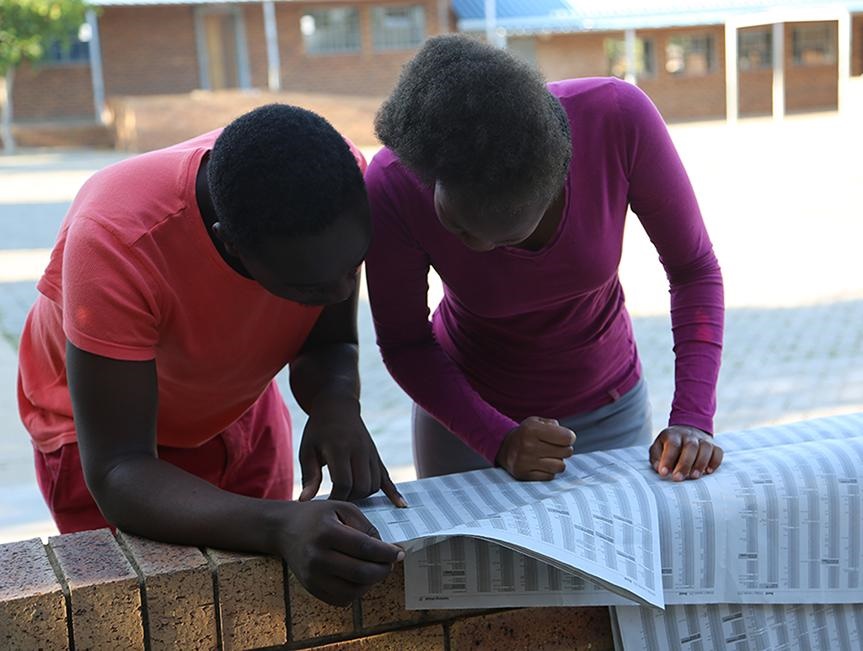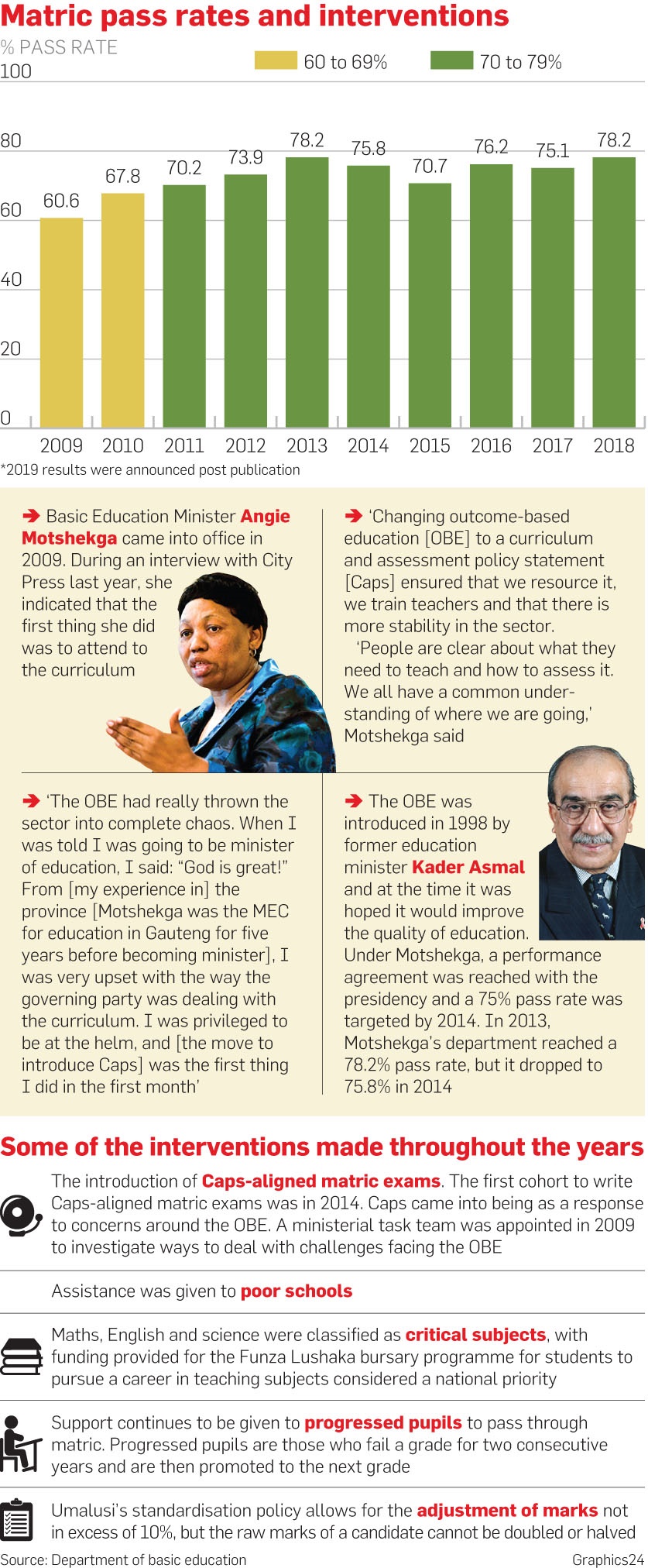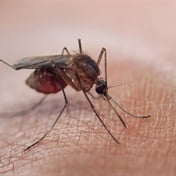
While some provinces are holding their breath with cautious optimism, others are hoping against hope for a better matric outcome than the previous year.
Mixed expectations have surfaced from provinces with regard to how their pupils have performed ahead of the release of the 2019 matric results by Basic Education Minister Angie Motshekga. She is scheduled to announce the results at 3pm on Tuesday.
Despite being the worst performer in the 2018 results, Limpopo would not reveal whether it had set a target for the class of 2019. Sam Makondo, spokesperson for Limpopo’s department of education, would only say that the province was hoping to see an improvement.
In 2018, Limpopo scored 69.4% behind the Eastern Cape’s 70.6%. The Eastern Cape was the most improved province that year – up by 5.6 percentage points from 65% in 2017.
In 2018, Gauteng led the pack by scoring 87.9%.
It was followed by the Free State (87.5%), the Western Cape (81.5%), North West (81.1%), Mpumalanga (79%), KwaZulu-Natal (76.2%) and the Northern Cape (73.3%).
“The department has done everything that needed to be done in an academic year, just as we have always done in the past,” said Makondo.
“We also know that the involvement of parents in the education of their children is crucial to the performance of our pupils.”
He said the department had invested significant resources in enrichment programmes – in the form of Saturday classes as well as autumn, winter and spring camps – to enrich all the work done during normal teaching hours.
“Teachers were also trained in certain identified subjects and content areas. And we enhanced accountability at all levels of the system to ensure the functionality of schools, and to protect the allocated time for teaching and learning. We also enhanced our monitoring of the curriculum’s implementation and coverage.
“We were able to arrest the decline and we have been improving since 2016 (62.5%), with a score of 65.6% the following year and 69.4% in 2018. We expect to do even better in 2019,” Makondo said.
Their exams, he said, were incident-free.
Jasper Zwane, the spokesperson for Mpumalanga’s education department, said everything possible was done by the province to ensure improved results, especially in subjects such as maths and physical science.
He said it was the wish of education MEC Bonakele Majuba for all pupils to pass.
“That means a 100% pass rate,” said Zwane. “But if this does not happen, the province may be comfortable with an 82% pass rate, which would be an improvement from the current 79%. The province is hoping to see better results in subjects such as maths and physical science.”
As part of attempts to improve pupils’ performance, Zwane said a plan was developed that was implemented to the letter: “The province is encouraged by the fact that, for 10 years in succession, it has been able to manage an incident-free examination. This is attributed to systems introduced by the department and to the support received from the security cluster. School management is also commended in this regard.”
Zwane said schools that were performing below 70% were deemed to be underperforming, so they were given special attention via programmes focused solely on them.
The province implemented a number of other interventions as part of its plan, said Zwane.
“These included winter and spring classes, lessons via radio, as well as camps for gifted pupils who showed an aptitude in maths and physical science. The good thing is that schools embraced the programmes,” he said.
Elias Malindi, spokesperson for the education department in North West, said the province prepared the matriculants sufficiently. He predicted a pass rate of above 84.5%. North West scored 81.1% last year.
“We are hopeful that we will obtain a position in the top three. We want to move to a higher position than last year. Our target for this year is 85%. We believe that this is possible, considering how our pupils performed during the mid-year and preliminary exams,” Malindi said.
Their preparations included the hosting of autumn, winter and spring camps.
During the spring camps, he said, revision was done in areas where pupils experienced difficulties.
“Underperforming schools were adopted by managers in the department, who provided guidance on curriculum management. We also assigned experts in various subjects to the underperforming schools. Visits to the schools were increased to prepare pupils extensively,” Malindi said.
He added that no serious irregularities occurred during the matric exams, except where candidates were found with “unacceptable material” in exam centres.
“For those pupils, the material was confiscated and they were given a new script to write the paper afresh. No pupil was denied the privilege of writing the examination,” Malindi said.
Debbie Schäfer, the Western Cape’s education MEC, said she expected a score above 80%.
“Given the circumstances in which we are working – such as an increase in the number of pupils; people coming in to Grade 10 from weaker provinces; decreasing budgets; increased class sizes; and worsening socioeconomic circumstances – I am hoping to maintain an above-80% pass rate. I think that is the most realistic I can be.
“I do know, however, that a lot of hard work has gone into helping our matrics, by many role players. I hope that their work yields fruit,” said Schäfer.
Bronagh Hammond, spokesperson for the Western Cape education department, said the department would report on irregularities this month, once the final report had been signed off and presented to Schäfer.
“Overall, the department is pleased that there have been no major disruptions to the exams – apart from the power cuts experienced on the days of the computer applications technology and information technology exams at the beginning of the national senior certification (NSC) examinations,” Hammond said.
She said an exam roadshow was conducted in education districts, targeting all Grade 12 teachers in all subjects. Each teacher, she added, was provided with feedback on the matric exams based on reports from the examiners and moderators.
Other interventions included the following:
- Each subject teacher received a subject support package containing support materials in problematic content areas;
- The department aired the telematics programme (a virtual learning environment that helps pupils prepare for the NSC) to 150 schools throughout the academic year. This programme was also accessed via live streaming, which, in effect, provides access to pupils;
- A Tips for Success and exams exemplar booklet was issued to Grade 12 pupils;
- Education districts implemented comprehensive support programmes for teachers and pupils;
- A centralised tutoring programme, targeting pupils from schools in the lower quintiles (poor schools), was conducted in August and September. The programme in August provided six hours of tutoring in a range of subjects: pupils could register for two subjects in which they were either performing poorly or had the potential to achieve an excellent result. In September, the same pupils went to classes over a three-day period, which provided them with another six hours of tuition in three subjects. This programme targeted about 1 800 pupils across the province; and
- Subject advisers and senior curriculum planners visited and supported teachers and pupils at underperforming schools during the year.
TALK TO US
Do you think enough is being done to help matrics?
SMS us on 35697 using the keyword MATRIC and tell us what you think. Please include your name and province. SMSes cost R1.50. By participating, you agree to receive occasional marketing material
 | ||||||||||||||||||||||||||
Msindisi FenguJournalist | City Press | ||||||||||||||||||||||||||
| ||||||||||||||||||||||||||
| Rise above the clutter | Choose your news | City Press in your inbox | ||||||||||||||||||||||||||
| City Press is an agenda-setting South African news brand that publishes across platforms. Its flagship print edition is distributed on a Sunday. |




 Publications
Publications
 Partners
Partners









